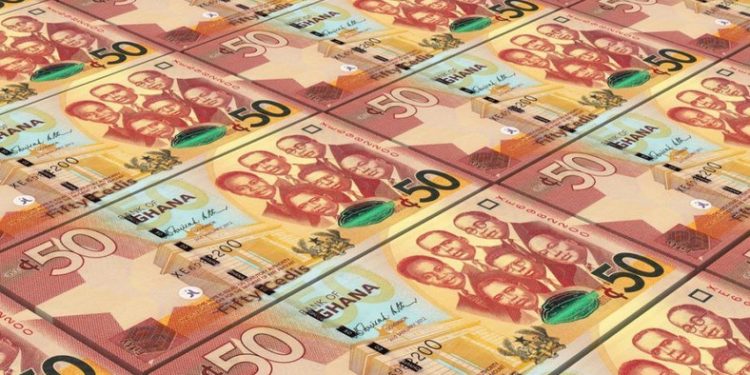The cedi has lost about ¢3.15 at face value to the US dollar so far in 2022.
This is equivalent to about 32% loss since the beginning of the year.
According to Bloomberg, the cedi has lost 155% in value to the dollar since redenomination of the local currency in 2007.
The local currency ended 2021 with a rate of ¢6.49 to one US dollar and 2016 with a rate of ¢4.33 to one American ‘greenback’.
So far this year, the cedi has come under severe pressure as some foreign holders of Ghana’s Eurobonds have been selling off their stakes, largely because of the perceived negative outlook of the Ghanaian economy.
Together with other factors, they have caused the high demand for the dollar, which is presently going for ¢9.70 on the retail market or forex bureaus.
This followed recent downgrades of the country’s credit rating by ratings agencies, Fitch, Moody’s and S&P.
The significant loss in the value of the cedi means businesses that depend on imports for production may have to spend more to run their operations.
Similarly, the cost of capital of most firms have declined, thus worsening their state of operations.
BoG assures of cedi stability
However, the Bank of Ghana has given assurance that the cedi’s stability will be restored soon, based on certain measures that are being put in place.
They include cooperation agreement with the mining companies to provide the Central Bank with the opportunity to buy gold as and when it becomes available and foreign currency liquidity support to the banking sector to help meet demand for external payments and the intended economic programme the country will have with the International Monetary Fund.
Meanwhile, the $750 million commercial loan approved by Parliament last month is expected to hit the account of the Bank of Ghana latest this Thursday, August 18th, 2022.
This is expected to help offset the demand for dollars in recent days.
The government will also be able to use part of the inflows to service imminent maturing foreign debt.
Recent historical performance of the cedi to dollar
YEAR DEPRECIATION RATE
| 2021 | -8.71% |
| 2020 | -3.93% |
| 2019 | -12.9% |
| 2018 | -8.4% |
| 2017 | -4.9% |
| 2016 | -9.6% |
| 2015 | -11.9% |
| 2014 | -32.45% |







